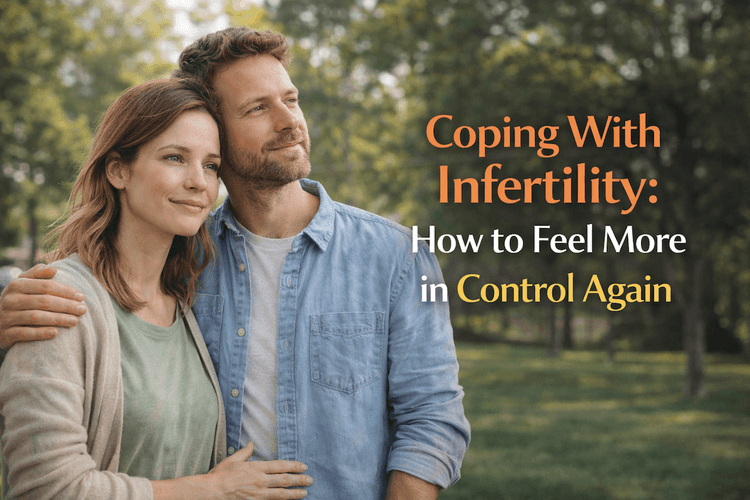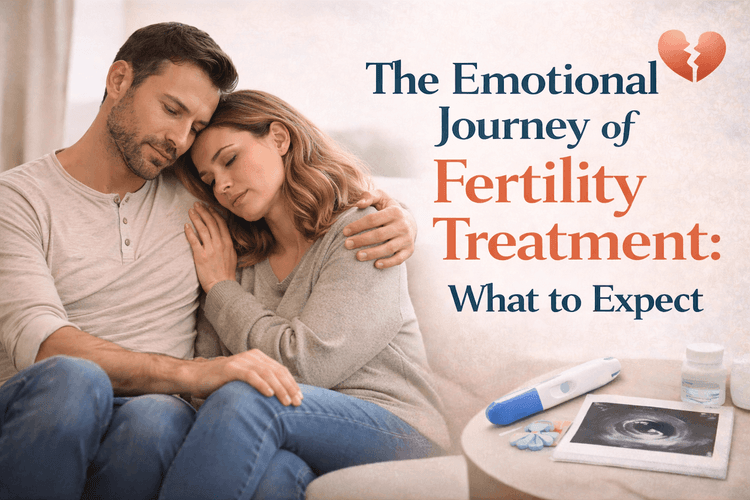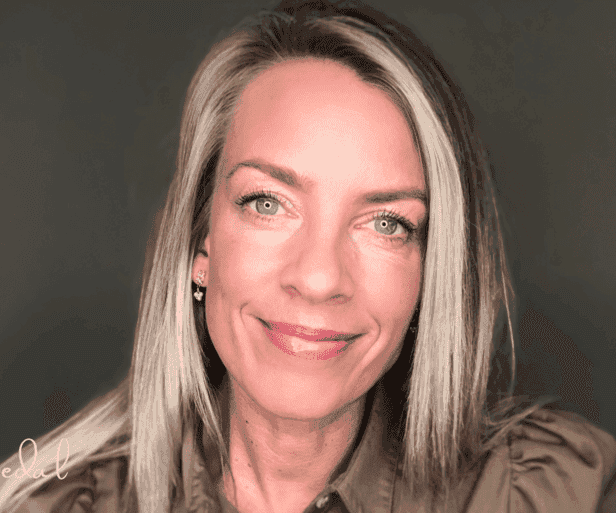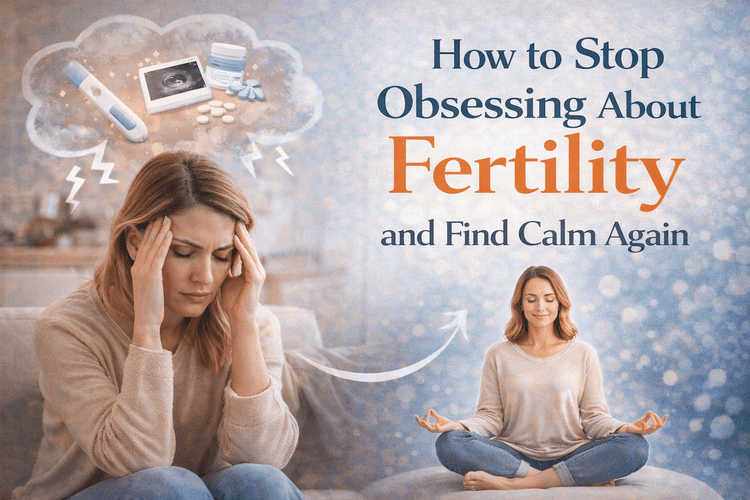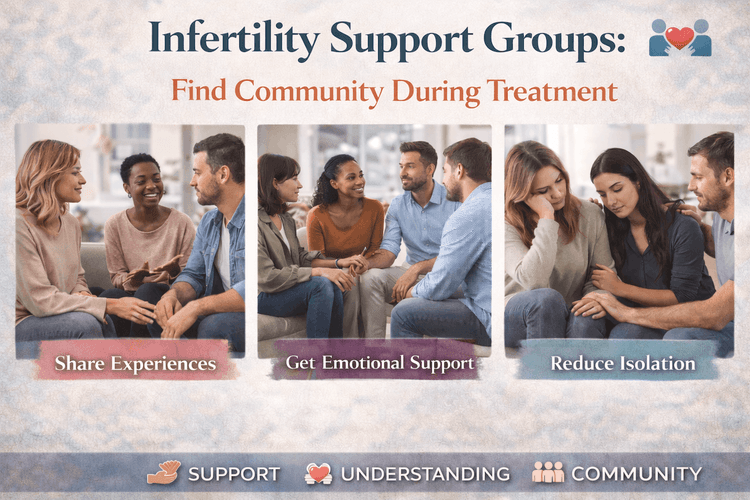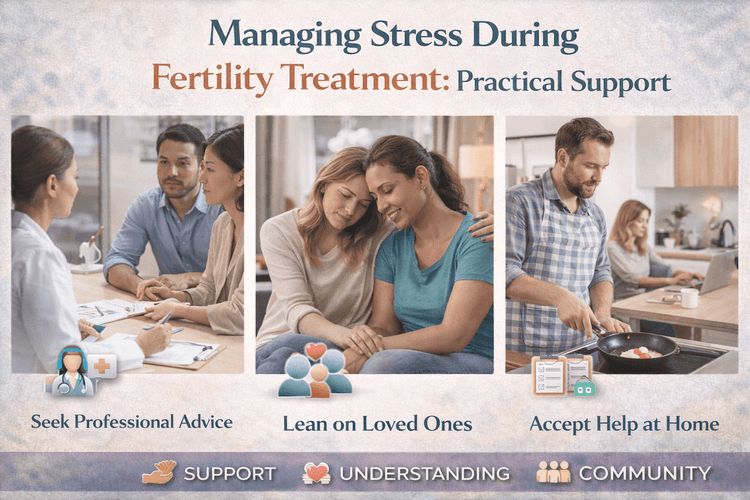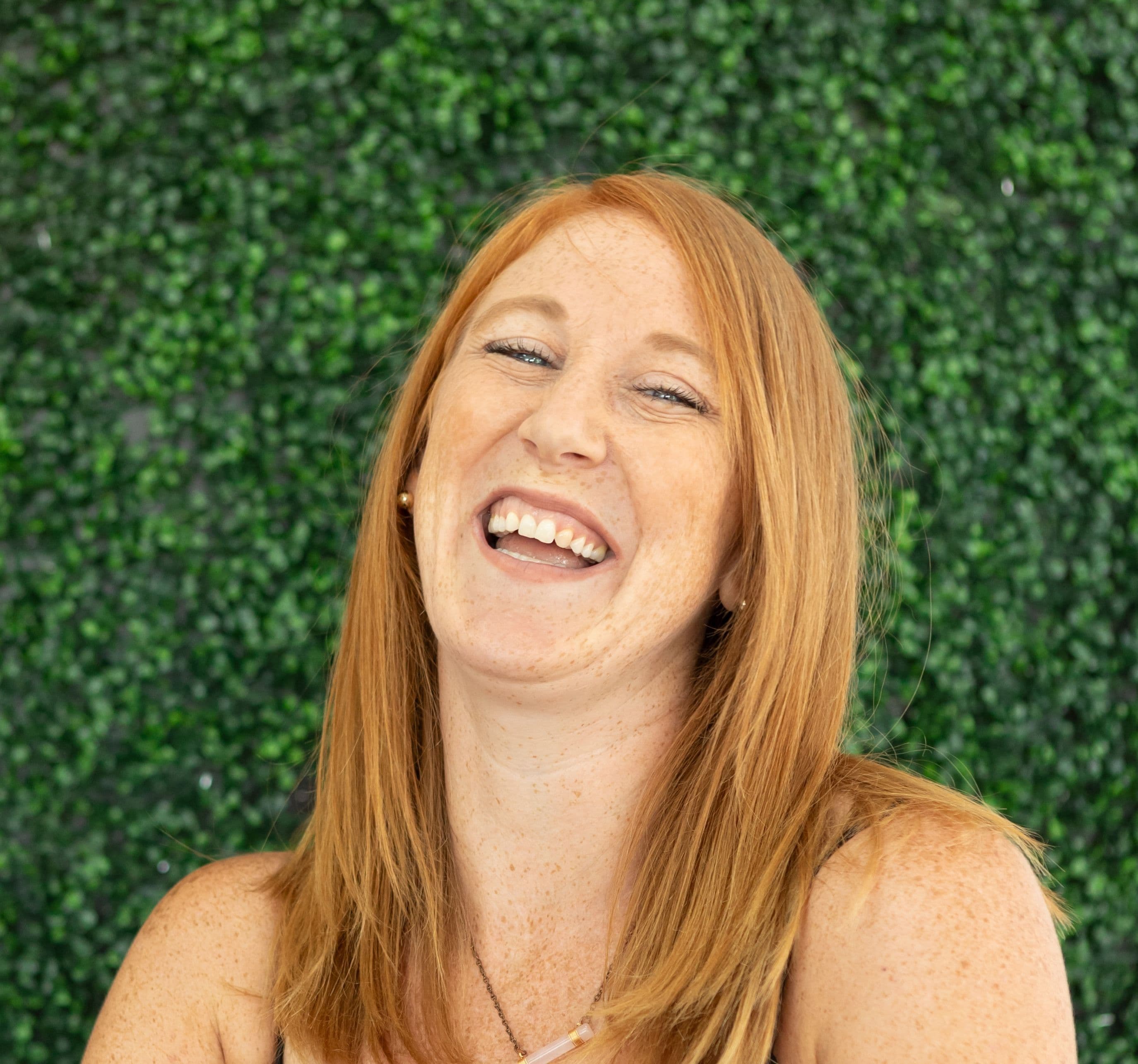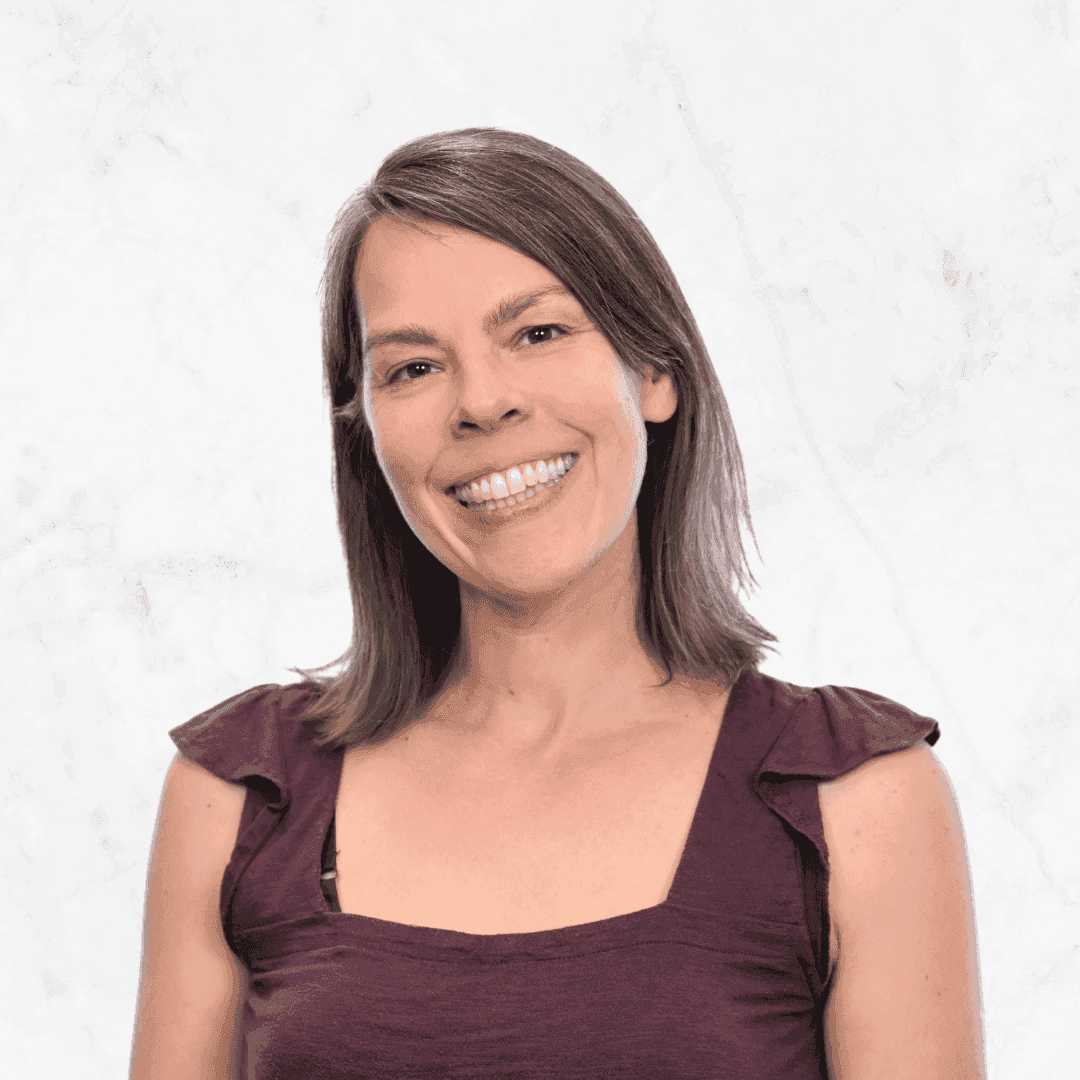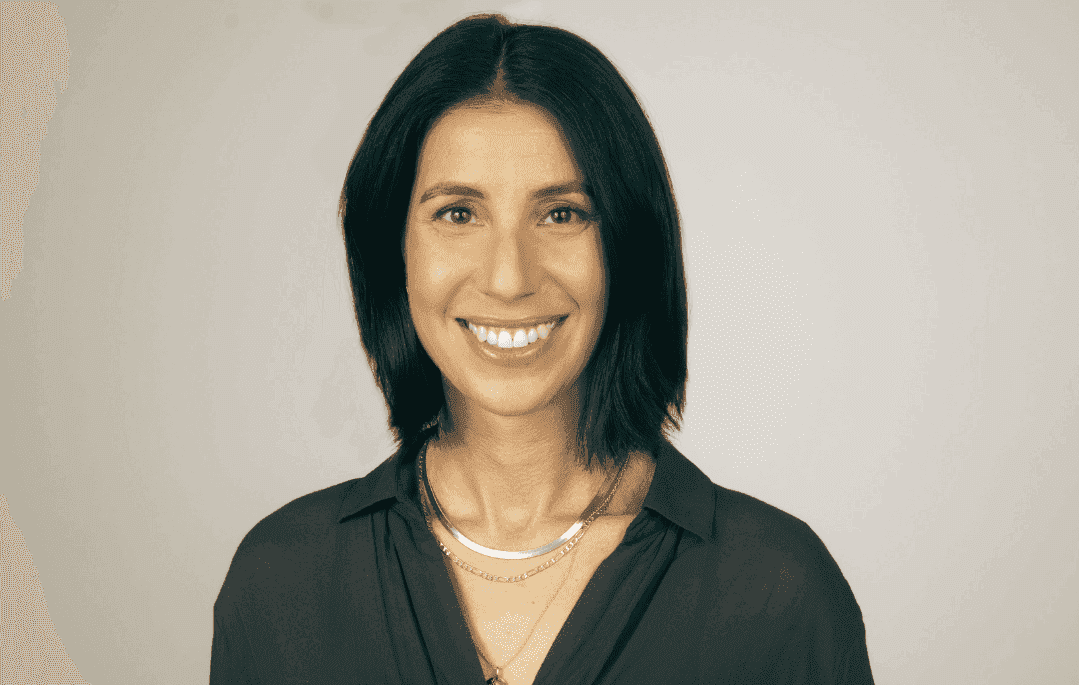Download the Conceivio App
DownloadBarndom og forældreskab former voksnes overbevisninger

Anne-Marie Pereira
Artikel
12 min
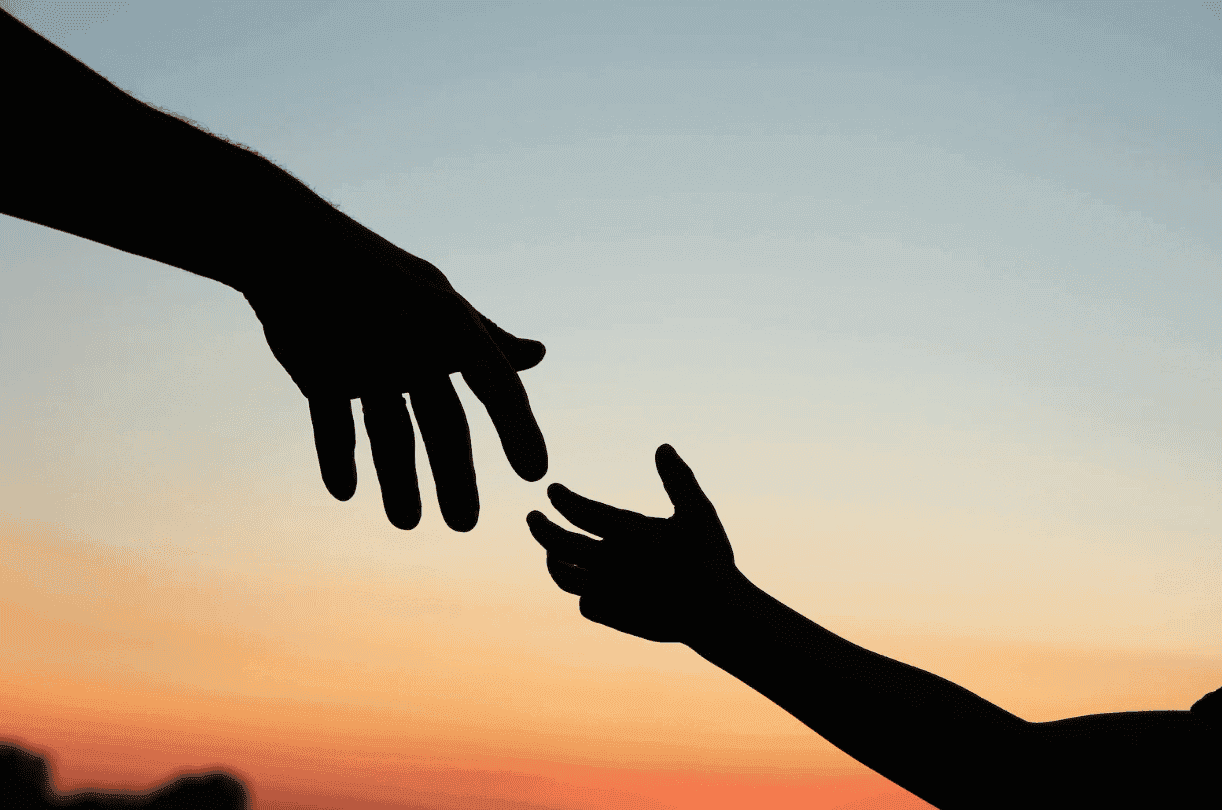
Vores kerneoverbevisninger og adfærdsmønstre formes i høj grad før fødslen og i den tidlige barndom. Forskning tyder på, at ca. 50 % af disse overbevisninger dannes i livmoderen, mens resten udvikles i de første syv leveår. Mange af vores problemer stammer fra underbevidst konditionering, som vi har optaget i denne periode. Gennem terapeutiske teknikker som hypnose kan personer få adgang til dybtliggende minder fra livmoderen og den tidlige barndom og afdække oprindelsen til deres overbevisninger. Når vi anerkender disse tidlige påvirkninger, kan vi udfordre og omforme dem, hvilket fremmer personlig vækst og transformation.
Har du nogensinde overvejet, at meget af det, du tror om dig selv og verden, måske ikke helt er dit? Forskning tyder på, at omkring 50 % af vores kerneoverbevisninger etableres før fødslen, mens resten dannes i løbet af de første syv leveår. Når vi kommer ind i barndommen, bærer vi allerede på mønstre og prægning, som kan påvirke os i årevis – indtil vi vælger at begive os ud på en personlig udviklingsproces for at udfordre og omforme dem.
Denne idé kan komme som et chok. Men som terapeut, der arbejder med hypnose, har jeg set, hvordan klienter ofte får adgang til dybe underbevidste minder, der afslører oplevelser fra livmoderen, deres fødsel og tidlige barndom. De husker ikke kun deres fornemmelser, men også deres mors følelser og deres hjemmemiljø, længe før den bevidste tanke udvikler sig. Disse tidlige indtryk kan skabe dybt forankrede overbevisninger, som former vores udfordringer som voksne.
1. Den prænatale oplevelse - vores forbindelse til vores mor
a. Tidlige sanseindtryk Fra undfangelsen begynder vores omgivelser at påvirke os. Babyer begynder at sanse deres omgivelser, længe før de kan høre ord, og de absorberer deres mors følelser og energierne omkring hende. De kan mærke den følelsesmæssige atmosfære - uanset om den er præget af tryghed eller stress - hvilket lægger grunden til deres følelsesmæssige udvikling, og hvordan de opfatter verden.
b. Følelsesmæssige aftryk fra livmoderen I hypnosesessioner observerer jeg ofte klienter, der husker både deres egne følelser og deres mors følelsesmæssige tilstand under graviditeten. De genoplever fornemmelser af glæde, angst eller frygt, som sætter dybe spor i deres underbevidsthed. For eksempel kan en baby, der fornemmer moderens angst, kæmpe med følelser af usikkerhed i voksenlivet. Disse aftryk former, hvordan vi interagerer med verden, og påvirker vores følelsesmæssige reaktioner og relationer.
c. Indsigt fra Freni-metoden Dr. Graziella Concetta Frenis arbejde fremhæver, hvordan intrauterine oplevelser i høj grad former adfærd og livsmønstre. Hendes forskning viser, at oplevelser - positive eller negative - lagres i vores cellulære hukommelse og påvirker vores følelsesmæssige reaktioner og følelse af selvværd gennem hele livet. At forstå disse tidlige oplevelser kan føre til større selvbevidsthed og tilfredsstillelse og hjælpe os med at finde tilbage til vores iboende glæde. Ved at tage fat på de grundlæggende årsager til vores problemer kan vi ændre vores energi, frigøre os fra ubevidste mønstre og helbrede dybtliggende problemer.

2. Tidlig barndom – at absorbere overbevisninger og mønstre
a. Børn absorberer alt som en svamp
Fra fødslen til syvårsalderen absorberer børn alt omkring dem - forældrenes følelser, overbevisninger og samfundsmæssige budskaber - uden at kunne filtrere eller kritisk vurdere disse input. I syvårsalderen er mange adfærdsmønstre og følelsesmæssige reaktioner allerede etableret, hvilket skaber en mental og følelsesmæssig plan for, hvordan vi navigerer i livet.
b. Den varige virkning af tidlig konditionering De mønstre, der dannes i løbet af disse formative år, kan påvirke os ind i voksenlivet, ofte ubevidst. Vi kan reagere på måder, vi ikke helt forstår, på grund af disse tidlige indprentninger. Hvis man f.eks. hører "Du er skrøbelig" som barn, kan det føre til kronisk angst eller modvilje mod at møde udfordringer. På samme måde kan budskaber som "Livet er en kamp" fremme en tankegang om modgang, der påvirker det følelsesmæssige og fysiske velbefindende. Det er vigtigt at forstå, at det ikke kun er oplevelserne, men også de betydninger, vi tillægger dem, der former os.
c. Omskrivning af underbevidste fortællinger Selv om disse indgroede mønstre kan være udfordrende at konfrontere, kan bevidsthed føre til forandring. Mange mennesker navigerer i livet styret af underbevidste overbevisninger, der er dannet i barndommen. Ved at observere, hvordan vi kommunikerer med os selv, og ved at bruge terapeutiske metoder som hypnose, kan vi identificere og udfordre disse overbevisninger. Det giver os mulighed for at hele fortidens sår, omskrive vores fortællinger og skabe et liv i overensstemmelse med vores sande selv.
3. Undfangelse og fødsel – oplevelsen af at være 'ønsket'
a. Undfangelsesøjeblikket Nogle klienter husker deres undfangelse ikke bare som en fysisk begivenhed, men som en energetisk oplevelse. De fornemmer, om de blev undfanget i kærlighed eller usikkerhed. At forstå disse tidlige indtryk kan afsløre dybtliggende overbevisninger om værdighed og tilhørsforhold.

b. Fødselsøjeblikket Klienter fortæller ofte om levende minder fra deres fødsel, herunder deres forældres og omgivelsernes følelsesmæssige tilstand. For eksempel kan det at blive født ind i en situation, hvor forældrene havde specifikke forventninger, skabe varige følelsesmæssige aftryk, der påvirker følelser af angst eller uværdighed. Anerkendelse og integration af disse fødselsminder kan føre til dybtgående helbredelse og selvaccept.
c. At genfinde vores formål Uanset vores oprindelse er det afgørende at forstå, at selv om vi kommer gennem vores forældre, kommer vi ikke fra dem. Der er noget større, der ville have os her - noget, der har et unikt formål, som vi skal opfylde, og som kun vi kan udføre. Ved at frigive nedarvede underbevidste historier kan vi genskabe forbindelsen til sandheden om, at vores eksistens er meningsfuld.
Konklusion: At omskrive vores historie
Det er bemærkelsesværdigt at indse, hvordan vores tidlige erfaringer former, hvem vi er. Ved at anerkende denne indflydelse kan vi begynde at identificere og frigøre overbevisninger og mønstre, som ikke længere tjener os. Fortiden har måske formet os, men den behøver ikke at definere os. Ægte frihed starter med at sætte spørgsmålstegn ved disse nedarvede overbevisninger. Helbredelse handler ikke om at slette fortiden; det handler om at forandre vores forhold til den. At forstå, hvor vores kampe begyndte, giver mulighed for klarhed og accept, når vi bevæger os fremad. Hvis du genkender dig selv i dette, så kontakt mig, så vi kan udforske din unikke historie. Vi kan dykke ned i de mønstre, der påvirker dit voksenliv. Indtil da er du velkommen til at se mit gratis trivselskursus her. At erkende, hvad der holder os tilbage, er det første skridt - lad os tage det sammen.

Få adgang til hundredvis af fertilitetseksperter, videnskabeligt underbygget indhold og et personligt program, der er designet til dine unikke behov.
Gratis fertilitetsguide og værktøjer
Tilmeld dig for at få gratis ekspertværktøjer til fertilitet, letforståelig vejledning, sunde opskrifter, opdateringer og meget mere! Vi ses i din indbakke!
